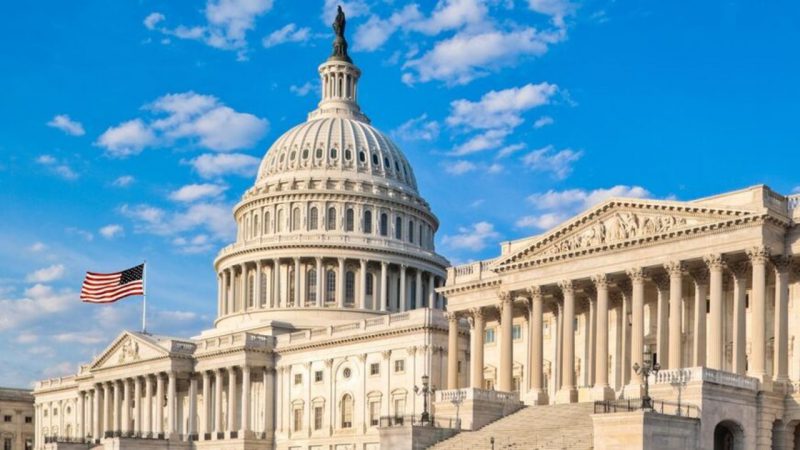The U.S. House of Representatives has passed the debt ceiling bill, authorizing the U.S. to borrow more money. On late Thursday, the Senate approved the bill, by a vote of 63-36. It received support from 44 Democrats, 17 Republicans, and 2 independents.
JUST IN: 🇺🇸 US Senate passes debt ceiling bill.
— Watcher.Guru (@WatcherGuru) June 2, 2023
Now, the bill has to be signed by President Joe Biden for it to become official. Once that is done, the $31.4 trillion borrowing upper cap will be suspended. Earlier, it had been projected that the government will hit its borrowing limit on June 5. However, with both the House of Representatives and the Senate swiftly voting on the bill, U.S. might be able to avert a default. A default will restrict the government’s ability to borrow additional funds or pay its due bills. In fact, it will also threaten to cause damage overseas, and impact prices, mortgage rates, etc. in other countries.
Several debates were expected to take place in the Senate, before the final call. As such, senators initially proposed 11 amendments to the debt ceiling bill. However, they were all rejected in quick order. That paved way for the final vote. Now, even if one of the amendments had been passed, the whole bill would have been sent back to the House. That, in turn, would have made things even more complicated, for the time bomb is already ticking.
It’s a ‘big win’ for Americans: Biden
Democratic Majority leader Chuck Schumer told the Senate,
“America can breathe a sigh of relief, a sigh of relief because in this process we are avoiding default.”
President Biden has said he will enact the measure into law. After Thursday’s night session vote, he said,
“This bipartisan agreement is a big win for our economy and the American people.”
He added that regulators’ work “is far from finished,” and re-assured that he will sign the bill into law “as soon as possible.”
Just now, Senators from both parties voted to protect our hard-earned economic progress and prevent a first-ever default.
— President Biden (@POTUS) June 2, 2023
No one gets everything they want in a negotiation, but make no mistake: this bipartisan agreement is a big win for our economy and the American people.
Our…





